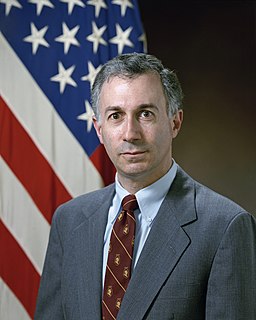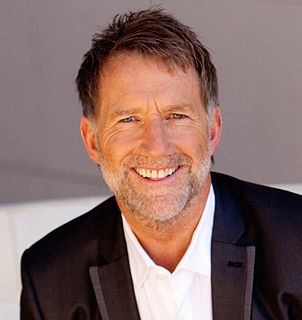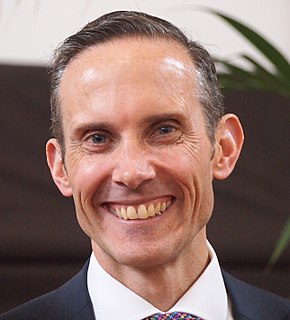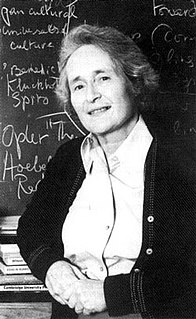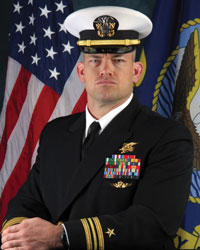A Quote by Jed Babbin
What kind of leader sends congressmen out on a kamikaze mission in an election year and right before a recess? The kind of leader whose followers are diminishing in number.
Related Quotes
Often, in a given project team or network, one sees leadership roles shifting among various members at various times. Attempts to fit these into traditional views of "leader" and "follower" don't quite work. It's more like Twitter: the "leader" has "followers" - but the "followers" are empowered to alter the relationship unilaterally, and the "leader" must continually earn the consent of the "followers."
Not many of us will be leaders; and even those who are leaders must also be followers much of the time. This is the crucial role. Followers judge leaders. Only if the leaders pass that test do they have any impact. The potential followers, if their judgment is poor, have judged themselves. If the leader takes his or her followers to the goal, to great achievements, it is because the followers were capable of that kind of response.
Trust is perhaps the most critical single building block underlying effectiveness. Without trust leaders do not have followers. Without trust, leaders are impotent despite great rhetoric or splendid ideas. Trust rests on the belief among followers that the leader is transparent: What you see is what there is. Trust means followers believe there is no duplicity; no manipulation just to satisfy the leader's ego. Very simply: The effective leader is transparent; that's why that person is trusted.
A leader always has one major message, and this weaves into everything he or she does. It remains the primary focus. A leader is to some degree a prophet, a person with a message. Great leader [sic] see things that others don’t. They preach it until others can see it as well. Their message supports the mission. A leader is a preacher, a person who communicates the fire of the mission. Not all preachers are leaders, but all great leaders will be preachers of one sort or another.
Leader and followers are both following the invisible leader - the common purpose. The best executives put this common purpose clearly before their group. While leadership depends on depth of conviction and the power coming therefrom there must also be the ability to share that conviction with others, the ability to make purpose articulate. And then that common purpose becomes the leader.
And so as a director, as a leader, and myself as a director and a leader, I kind of try to make sure that we hold onto the vision and kind of corral it, but by the time you finish whatever the project is, a TV show, a series, a movie, a stage show, it should be a product of what all those people can do, and therefore, it can never be what you imagined it would be in the beginning.
Since the team understands that the leader is de facto in charge, in that respect, a leader has nothing to prove. But in another respect, a leader has everything to prove: Every member of the team must develop the trust and confidence that their leader will exercise good judgment, remain calm, and make the right decisions when it matters most.
